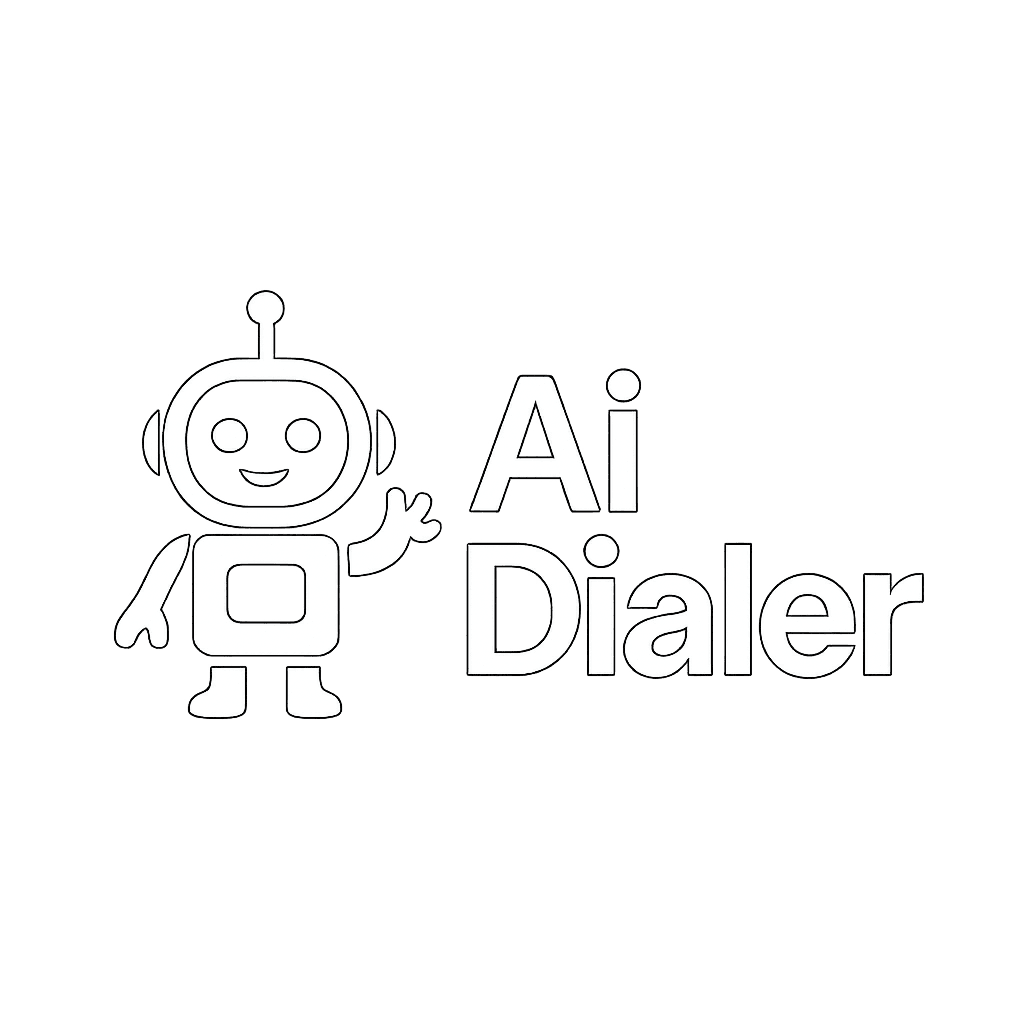AI Receptionists vs. Traditional Receptionists: Which is Best for Your NYC Business?
Understanding AI Receptionists
AI receptionists are transforming the way businesses operate, particularly in bustling cities like New York City. These virtual assistants use artificial intelligence to perform tasks traditionally handled by human receptionists, such as answering calls, scheduling appointments, and managing inquiries. By leveraging AI, businesses can streamline their operations and provide a consistent level of service 24/7.
One of the most significant advantages of AI receptionists is their ability to handle multiple tasks simultaneously without fatigue. They can manage high call volumes and respond to customer queries quickly and efficiently, ensuring that no potential leads are lost due to missed calls or long wait times.

The Role of Traditional Receptionists
Despite the rise of technology, traditional receptionists continue to play a crucial role in many businesses. Their human touch is invaluable, especially in settings where personal interaction is key to client satisfaction. Receptionists offer a warm welcome to visitors, provide personal assistance, and handle complex queries that require empathy and nuanced understanding.
Moreover, a skilled receptionist can act as the face of your business, leaving a lasting impression on clients and customers. They often go above and beyond their basic duties by offering personalized service that AI simply cannot replicate.

Comparing Costs: AI vs. Human Receptionists
Cost is a significant factor when deciding between AI and traditional receptionists. AI receptionists generally offer a more cost-effective solution as they can reduce labor costs associated with hiring full-time staff. They do not require salaries, benefits, or vacation time, making them an attractive option for businesses looking to minimize expenditures.
Conversely, hiring a traditional receptionist involves ongoing expenses, including salary, benefits, and overhead costs associated with maintaining a physical workspace. However, the investment might be worthwhile for businesses that rely heavily on personal interactions and customer service excellence.

Adaptability in a Fast-Paced Environment
In a dynamic city like NYC, adaptability is critical. AI receptionists offer flexibility and scalability, allowing businesses to adjust their operations in response to demand fluctuations. Whether handling spikes in call volume or managing after-hours inquiries, AI can adapt quickly to changing circumstances.
On the other hand, traditional receptionists bring adaptability through their ability to handle unforeseen situations with creativity and personal judgment. They can resolve issues on the spot and make decisions that enhance customer satisfaction, which is often crucial in high-stakes environments.
Making the Right Choice for Your Business
The decision between AI and traditional receptionists ultimately depends on your business's specific needs and priorities. If your business values efficiency and cost-effectiveness and operates in an industry where personal interaction is minimal, an AI receptionist might be the ideal choice.
However, if your business thrives on building relationships and requires a human touch to navigate complex customer interactions, investing in a traditional receptionist could be more beneficial. It's essential to assess your operational requirements and customer expectations before making a decision.

Embracing a Hybrid Approach
For many NYC businesses, a hybrid approach that combines both AI and traditional receptionists may offer the best of both worlds. By integrating AI technology with human expertise, companies can leverage the strengths of each to create a seamless customer experience.
This strategy allows businesses to optimize costs while still providing personalized service when needed. For example, AI can handle routine inquiries and appointment scheduling, while human receptionists focus on high-value interactions that require empathy and creativity.
In conclusion, both AI and traditional receptionists have their advantages and limitations. The key is to evaluate how each option aligns with your business goals and customer service strategy to ensure you deliver the best possible experience for your clients.
